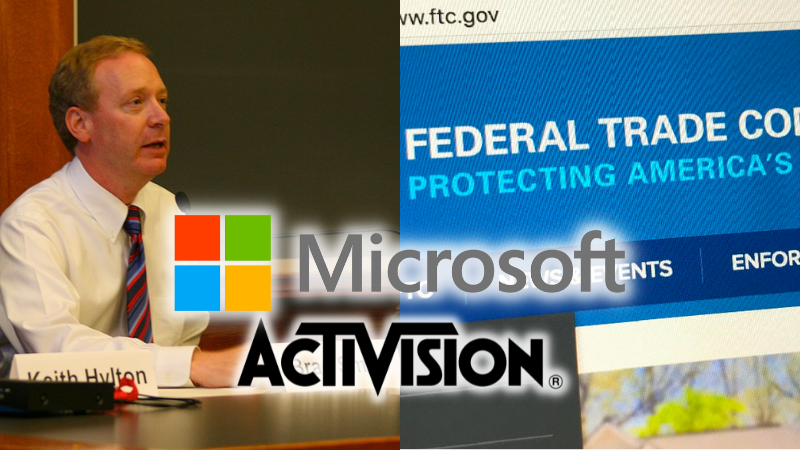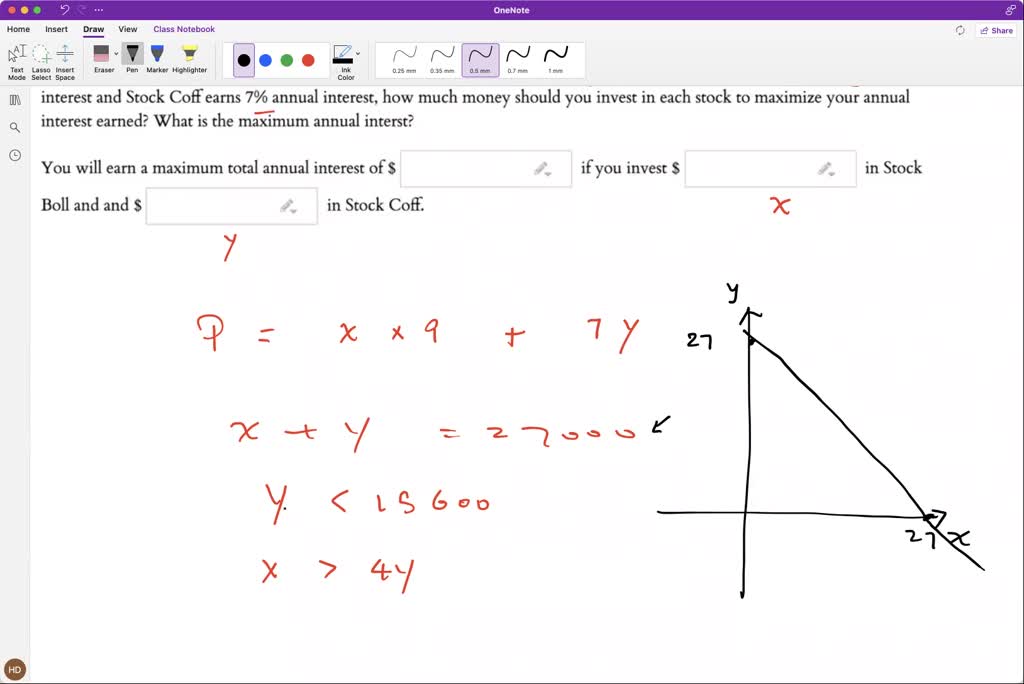FTC Challenges Microsoft's Activision Blizzard Acquisition

Table of Contents
The FTC's Concerns Regarding Anti-Competitive Practices
The FTC's primary concern revolves around the potential for anti-competitive practices stemming from Microsoft's acquisition of Activision Blizzard. This mega-merger would grant Microsoft control over immensely popular gaming franchises, raising serious questions about market dominance and fair competition.
Market Domination Fears
The FTC fears that Microsoft’s acquisition could create a monopoly, significantly harming competition within the gaming industry. This concern stems from several key factors:
- Higher Prices for Gamers: With less competition, Microsoft could potentially raise prices for popular games like Call of Duty, impacting gamers' wallets. The lack of viable alternatives could force consumers to accept higher prices.
- Stifled Innovation: A dominant Microsoft could stifle innovation by reducing the incentive to develop competing games or innovative gaming technologies. Smaller developers might find it harder to compete with a giant controlling major franchises.
- Call of Duty Exclusivity: A significant fear is that Microsoft could make Call of Duty exclusive to its Xbox ecosystem, effectively locking out PlayStation and other platforms, significantly impacting millions of players. This would be a major blow to competitors and could potentially harm consumer choice.
Impact on Game Developers and Publishers
The FTC's concern extends beyond consumers to the broader impact on game developers and publishers. The acquisition could create an uneven playing field:
- Reduced Opportunities for Independent Developers: Smaller studios might find it increasingly difficult to secure funding and distribution channels, as a dominant Microsoft could prioritize its own titles.
- Fewer Choices for Consumers: The consolidation of power could lead to a reduction in the diversity of games available, limiting consumer choice and potentially hindering innovation within the industry.
- Consolidation of Power: This merger exemplifies a concerning trend toward consolidation within the gaming industry, potentially leading to less competition and higher barriers to entry for newcomers.
Microsoft's Defense Strategy and Arguments
Microsoft has vigorously defended its acquisition, arguing that it will benefit gamers and the industry as a whole. Their defense rests on several key pillars:
Microsoft's Commitment to Fair Competition
Microsoft counters the FTC’s claims by emphasizing its commitment to maintaining fair competition within the gaming market. Key elements of their defense include:
- Commitment to Multi-Platform Availability: Microsoft has pledged to continue releasing Call of Duty and other Activision Blizzard titles on multiple platforms, including PlayStation. This commitment aims to alleviate concerns about exclusivity.
- Benefits for Gamers and the Industry: Microsoft argues that the merger will foster innovation and create better gaming experiences for players through increased investment and resources. They point to potential improvements in game development technology and expansion into new gaming markets.
- Counter-Arguments to FTC Concerns: Microsoft refutes the FTC's arguments, providing data and analysis to demonstrate the lack of substantial anti-competitive effects. They emphasize the continued vibrancy and competition within the gaming industry despite the merger.
Legal Precedents and Antitrust Laws
The FTC’s case relies on established antitrust laws aimed at preventing monopolies and fostering fair competition. However, Microsoft leverages legal precedents and arguments to defend its position:
- Relevant Antitrust Laws: The FTC's case rests on sections of the Clayton Act and the Sherman Act, focusing on preventing mergers that could substantially lessen competition.
- Similar Cases in the Tech Industry: Microsoft draws parallels to past mergers in the tech industry, highlighting cases where similar acquisitions were approved, arguing the FTC's stance is inconsistent.
- Impact of Precedents: The outcome of this case will establish important precedents, influencing future mergers and acquisitions in the tech sector, particularly within the gaming industry.
Potential Outcomes and Future Implications
The FTC's challenge presents several potential scenarios, each with significant implications:
Possible Scenarios
- Scenario 1: The FTC Successfully Blocks the Merger: This outcome would deal a major blow to Microsoft and reshape the gaming industry's consolidation trajectory.
- Scenario 2: Microsoft Wins the Case and Completes the Acquisition: This would solidify Microsoft's position as a gaming giant, raising renewed concerns about market dominance.
- Scenario 3: A Negotiated Settlement is Reached: This could involve concessions from Microsoft, like stricter commitments to cross-platform availability, to mitigate the FTC's concerns.
Impact on the Gaming Industry
Regardless of the outcome, the FTC's challenge will significantly impact the gaming industry's future:
- Changes to Antitrust Regulations: The case could lead to stricter antitrust scrutiny for future mergers and acquisitions in the gaming sector.
- Impact on Game Development and Publishing: The outcome will significantly influence how games are developed, published, and distributed in the coming years.
- Precedent for Future Tech Mergers: This case is setting a precedent, shaping how regulators will approach future mergers in the tech industry and potentially impacting other sectors as well.
Conclusion: The FTC's Challenge and the Future of the Microsoft-Activision Blizzard Acquisition
The FTC's challenge to Microsoft's Activision Blizzard acquisition is a pivotal moment for the gaming industry. The debate highlights the complexities of antitrust regulation in a rapidly evolving market. The FTC's concerns regarding anti-competitive practices are countered by Microsoft's arguments about fair competition and the potential benefits of the merger. The ultimate outcome will significantly influence the competitive landscape and future mergers within the gaming sector. Follow the FTC’s challenge to the Microsoft Activision Blizzard acquisition closely; its implications will be felt throughout the industry for years to come. Stay updated on the developments surrounding the Microsoft Activision Blizzard acquisition to understand its long-term effects on the future of gaming.

Featured Posts
-
 Press Conference Williams Boss Addresses Doohan And Colapinto Rumors
May 09, 2025
Press Conference Williams Boss Addresses Doohan And Colapinto Rumors
May 09, 2025 -
 Nigerias Petrol Prices The Roles Of Dangote And Nnpc
May 09, 2025
Nigerias Petrol Prices The Roles Of Dangote And Nnpc
May 09, 2025 -
 Spac Stock Frenzy Should You Invest In This Micro Strategy Competitor
May 09, 2025
Spac Stock Frenzy Should You Invest In This Micro Strategy Competitor
May 09, 2025 -
 Gear Up For The Finals Fanatics Offers The Best Boston Celtics Merchandise
May 09, 2025
Gear Up For The Finals Fanatics Offers The Best Boston Celtics Merchandise
May 09, 2025 -
 New Uk Visa Rules Which Countries Are Affected
May 09, 2025
New Uk Visa Rules Which Countries Are Affected
May 09, 2025
